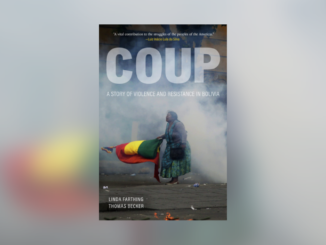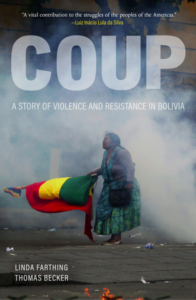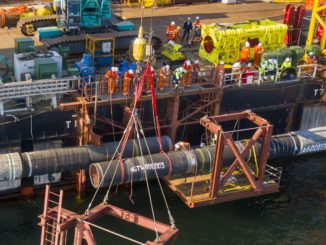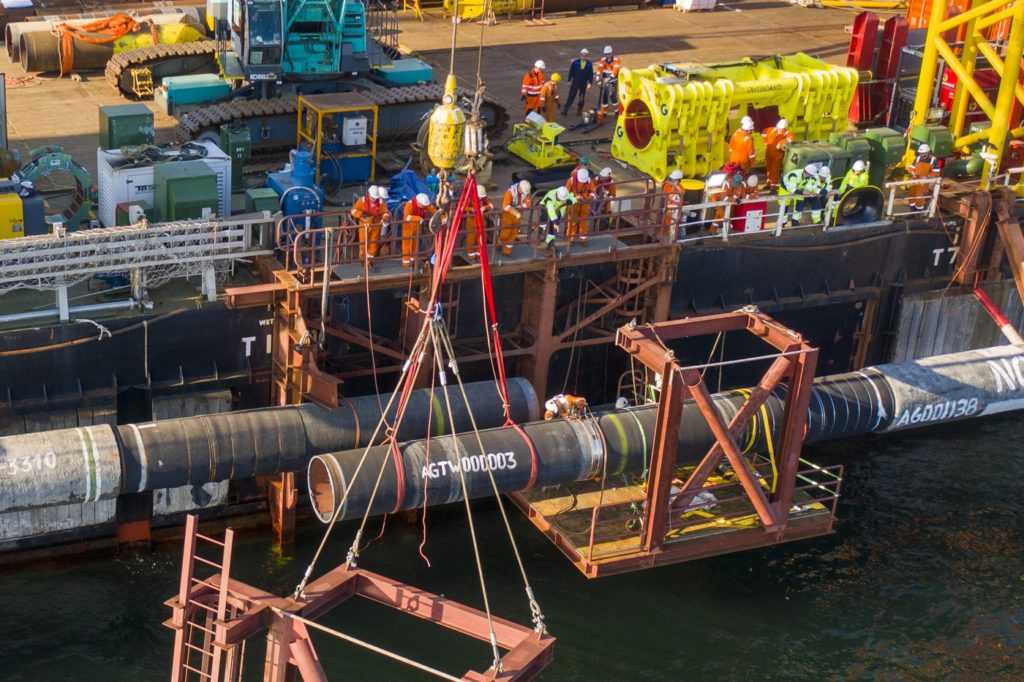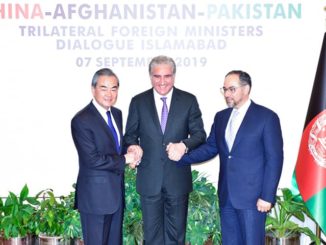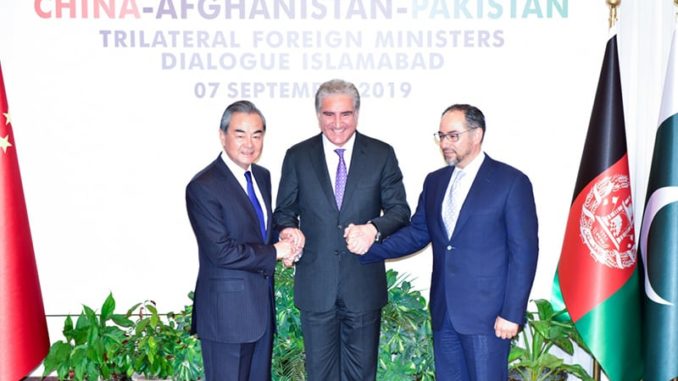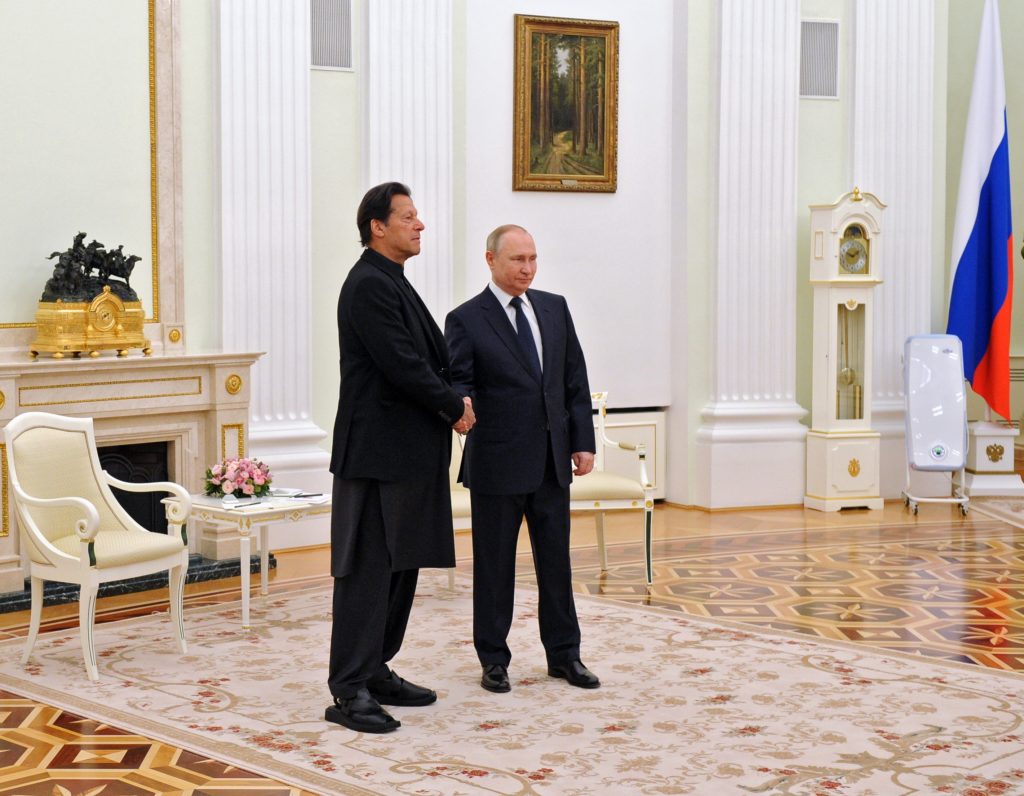
Editor’s Note: This article was originally published by Multipolarista.
Pakistan’s Prime Minister Imran Khan has accused a top U.S. diplomat of threatening his government as part of a “foreign conspiracy” to overthrow him.
This March, opposition politicians in Pakistan tried to push a no-confidence motion through the National Assembly, seeking to remove Khan from office.
Khan, who was democratically elected in 2018, said the U.S. government was supporting these opposition lawmakers in their attempt to oust him.
“I’m taking the name of U.S., the conspiracy has been hatched with the help of America to remove me,” the Pakistani prime minister said, in Urdu-language comments translated by the media.
In a meeting with leaders of his political party, Pakistan Tehreek-e-Insaf (PTI), Khan singled out Donald Lu, the U.S. assistant secretary of state for the Bureau of South and Central Asian Affairs.
According to the prime minister, Lu threatened Pakistan’s ambassador to the United States, Asad Majeed, warning that there would be serious “implications” if Khan was not ousted.
Washington allegedly told Majeed that U.S.-Pakistani relations could not improve if Khan remained in power.
Khan accused the U.S. embassy of organizing Pakistani opposition lawmakers to vote for the no-confidence motion in the National Assembly.
In previous comments, Khan had also said that Washington sent a letter threatening him for rejecting its attempts to create U.S. military bases in Pakistan.
Khan hinted that the soft-coup attempt was aimed at reversing his independent foreign policy. Under Khan, Pakistan has deepened its alliance with China, greatly improved relations with Russia, and maintained staunch support for Palestine.
Washington has rejected these allegations. However, Khan’s comments are bolstered by testimony that Lu himself gave in a March 2 hearing of the U.S. Senate Subcommittee on Near East, South East, Central Asia and Counterterrorism.
A video clip of Assistant Secretary of State Lu in the hearing, which went viral on Twitter, shows him admitting that the U.S. government had pressured Pakistan to condemn Russia for its military intervention in Ukraine.
Khan’s government has refused to denounce Moscow, joining many other countries in the Global South that have remained neutral in the NATO-Russia proxy war.
This is Huge !
US under Secretary Donald Lu admits he approached Pakistani FO officials as Pakistan abstained to vote against Russian aggression against Ukraine.
Sri Lanka also abstained from voting and “ facing Financial crisis ” while Regime Change attempt in Pakistan. pic.twitter.com/FeNkkFBQ5F
— MNA (@Engr_Naveed111) April 4, 2022
Lu’s video testimony confirms that Washington is angry because of Islamabad’s growing relations with Moscow.
Imran Khan met with Russian President Vladimir Putin at the Beijing Olympics. The Pakistani leader subsequently took a trip to Moscow on February 24, the beginning of the military campaign in Ukraine.
After his visit, Khan announced that Pakistan would be expanding its economic ties with Russia, importing its wheat and gas, while ignoring Western sanctions.
Although the country is a close ally of China, Pakistan has for decades had a difficult relationship with Russia. Under Khan, Islamabad’s tensions with Moscow have significantly softened.
Pakistani scholar Junaid S. Ahmad published an article in Multipolarista analyzing the numerous reasons why Washington would want to remove Imran Khan from power, including his growing alliance with China and Russia, his refusal to normalize relations with Israel, and his gradual move away from Saudi Arabia.
Pakistan’s opposition is trying to overthrow Prime Minister Imran Khan with a no-confidence motion.
Khan says he has proof of foreign funding for a regime-change op to reverse his independent foreign policy – especially his alliance with China and Russiahttps://t.co/wdIqWDlqss
— Benjamin Norton (@BenjaminNorton) April 1, 2022
The deputy speaker of Pakistan’s National Assembly, Qasim Suri, suspended the opposition’s no-confidence motion, arguing that it was unconstitutional because it was part of a “conspiracy” supported by “foreign powers.”
This means that Khan has 90 days to hold snap elections.
There are worries in Pakistan, however, that the soft-coup attempt against Khan could escalate into an old-fashioned military coup.
Pakistan’s army is very powerful, and notorious for overthrowing civilian leaders. An elected Pakistani prime minister has never completed a full term.
Pakistan’s military is also closely linked to the United States, and frequently acts to promote its interests.
In concerning comments made in the middle of this controversy, Pakistan’s Chief of Army Staff Qamar Javed Bajwa praised the United States and Europe. Breaking with the elected prime minister, he criticized Russia over its war in Ukraine.
These remarks suggest that Khan may have lost the support of top military leaders.
General Bajwa: ‘We share a long history of excellent relationship with the United States which remains our largest export market; UK/EU vital to our national interests; Russian aggression on Ukraine is very unfortunate, this is a huge tragedy.’
This is huge. pic.twitter.com/4bufYu45Lc
— Murtaza Ali Shah (@MurtazaViews) April 2, 2022

